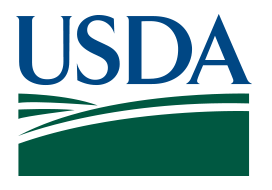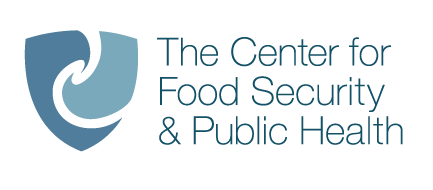About IICAB
The Institute for International Cooperation in Animal Biologics (IICAB) was established in October 1995 by the USDA Animal and Plant Health Inspection Service (APHIS) and Iowa State University (ISU) and is located in Ames, Iowa USA . The overall goal of the IICAB is to improve the availability, safety, efficacy, and use of veterinary biologics (vaccines) throughout the world. Veterinary biologics are a cost-effective method to prevent animal disease, to increase the efficiency of food production, and to increase the availability of high quality protein for human consumption. The Institute works with the veterinary biologics industry, government regulatory and research agencies, universities, veterinarians, and producers in an effort to improve the availability and use of biologics for animals worldwide.
The IICAB became a WOAH Collaborating Centre for the Diagnosis of Animal Diseases and Vaccine Evaluation in the Americas in June 1998. This designation was shared with the USDA APHIS National Veterinary Services Laboratories (NVSL) and Center for Veterinary Biologics (CVB) until 2019. In 2019, the WOAH designated IICAB and the Center for Veterinary Biologics as a WOAH Collaborating Centre for Vaccine Evaluation in the Americas and the NVSL as a WOAH Collaborating Center for the Diagnosis of Animal Diseases in the Americas.
The IICAB has four objectives:
- To facilitate international exchange of information of importance to veterinary biologics regulatory authorities, producers, and users.
- To serve as an international resource center for veterinary biologics that assists in training related to vaccinology, immunology and vaccine development.
- To promote the establishment of international standards in animal biologics and harmonization of standards, regulations, and products.
- To assist countries in obtaining veterinary biologics for specific unmet needs.




